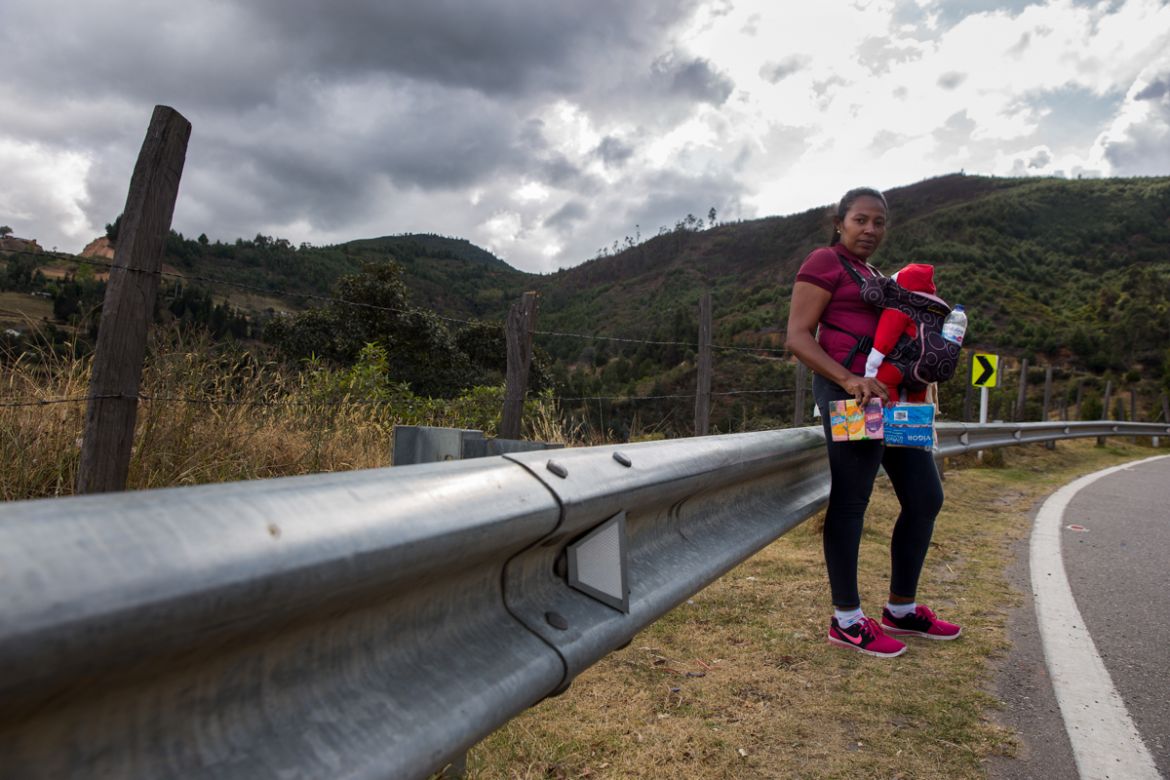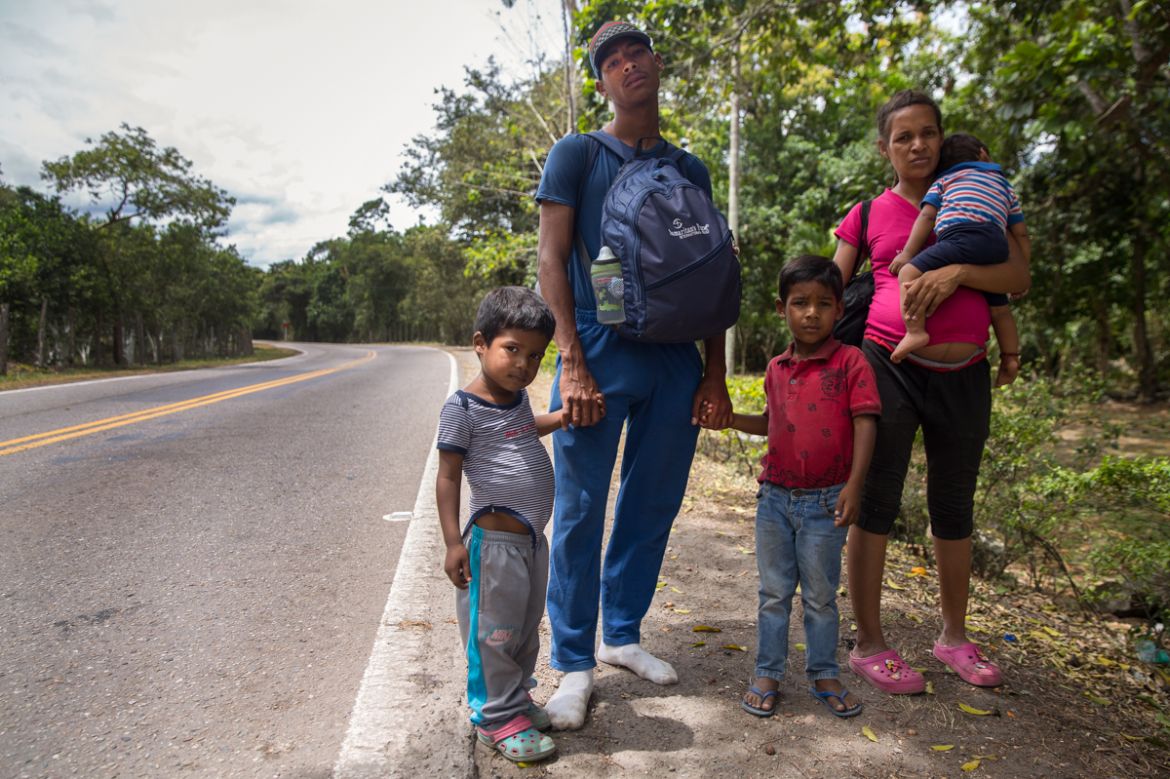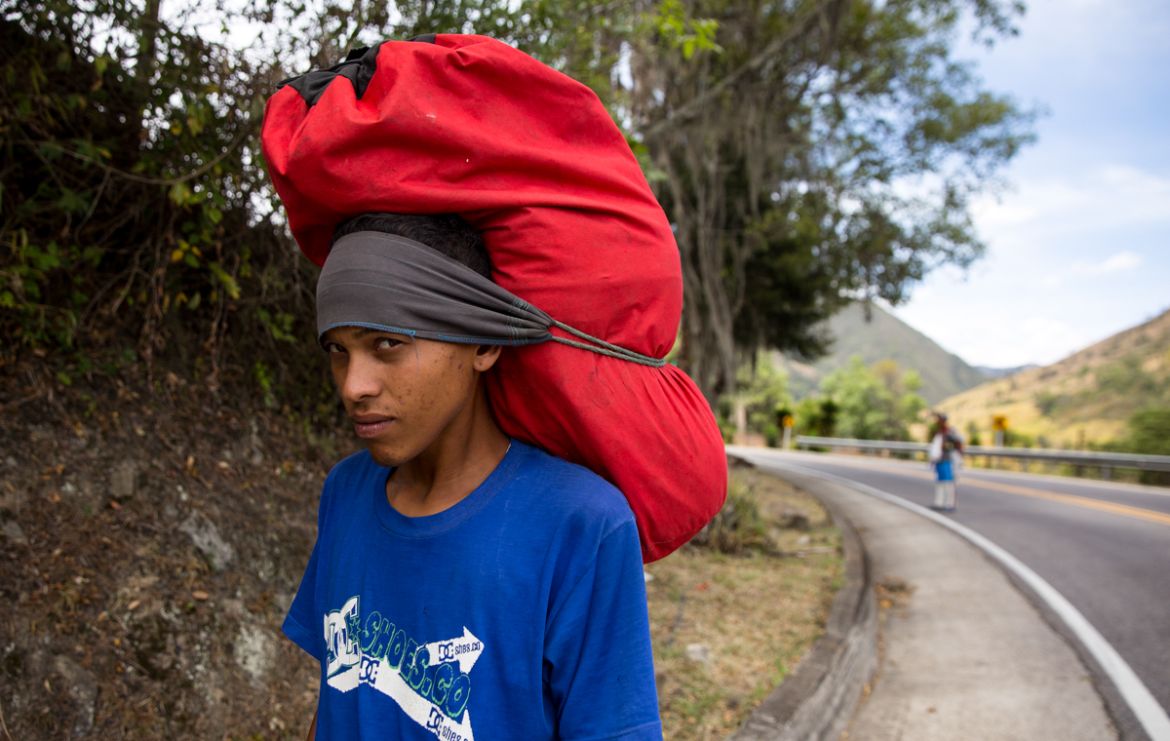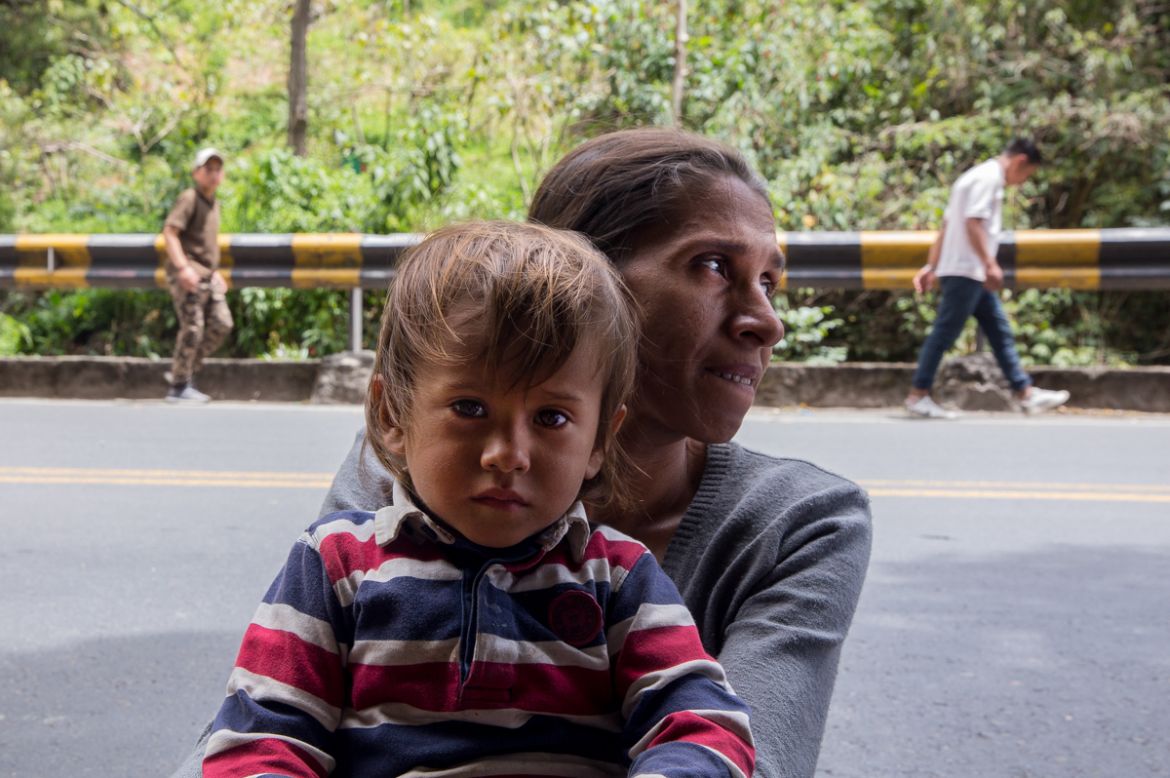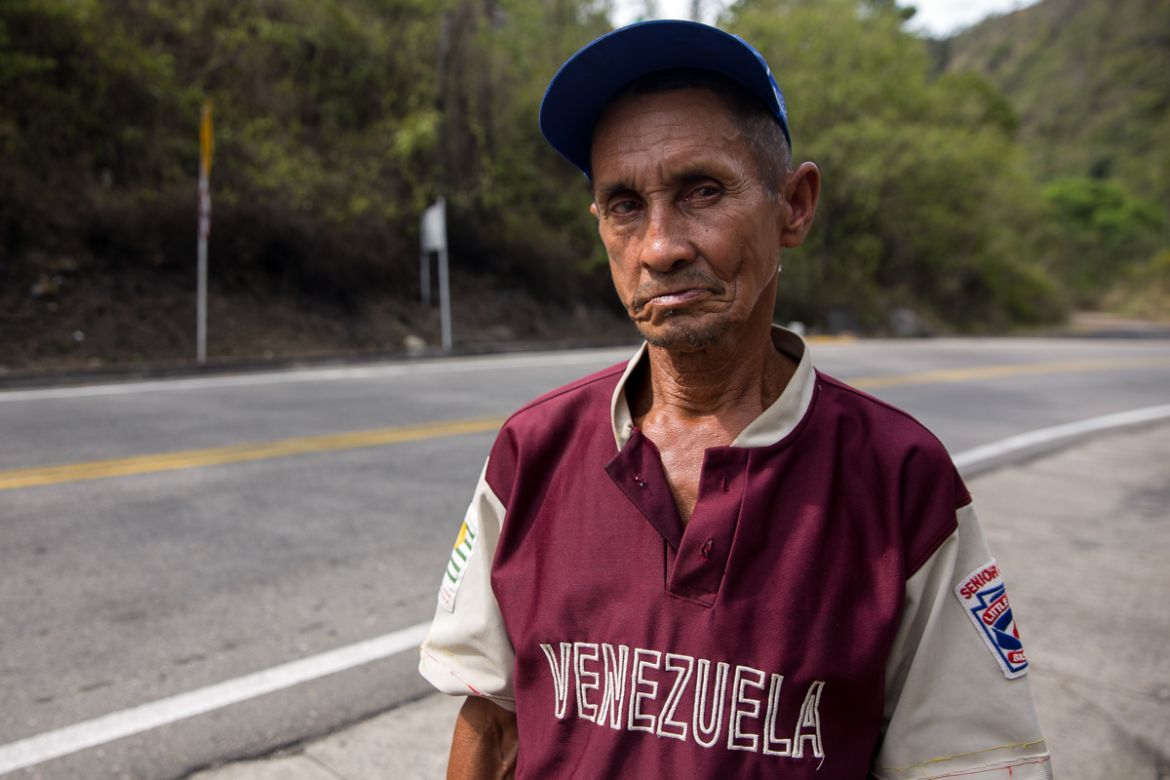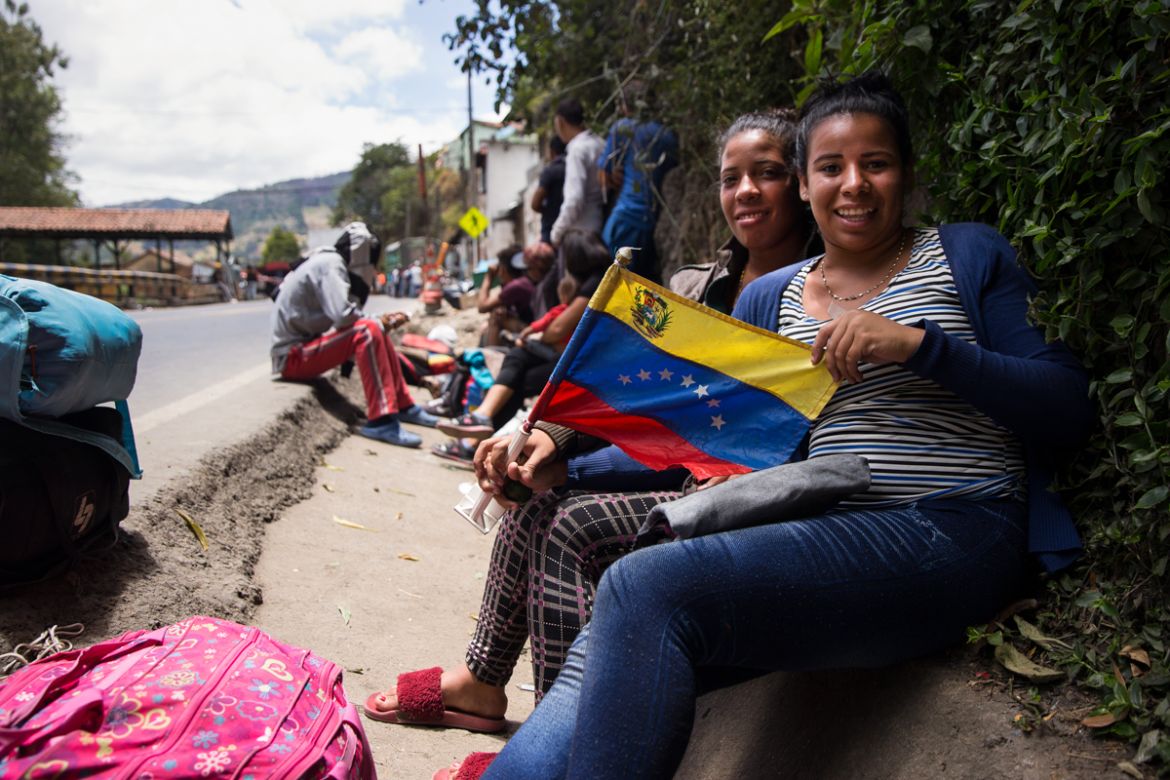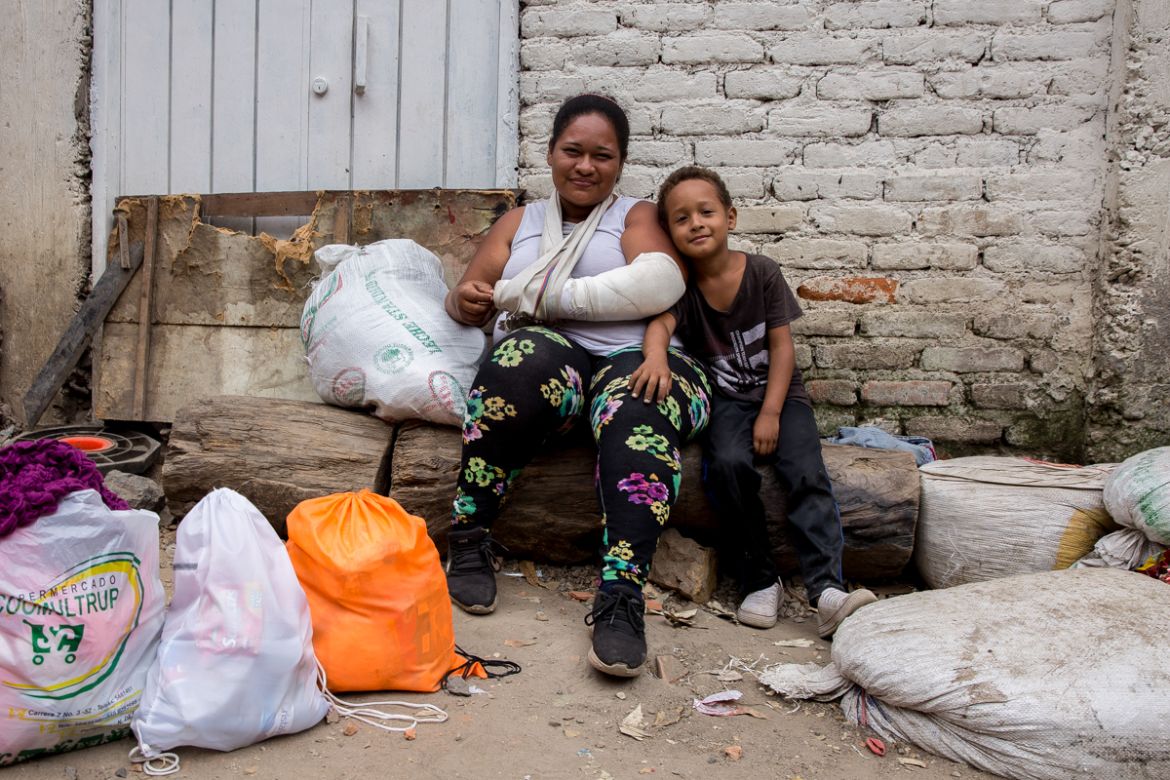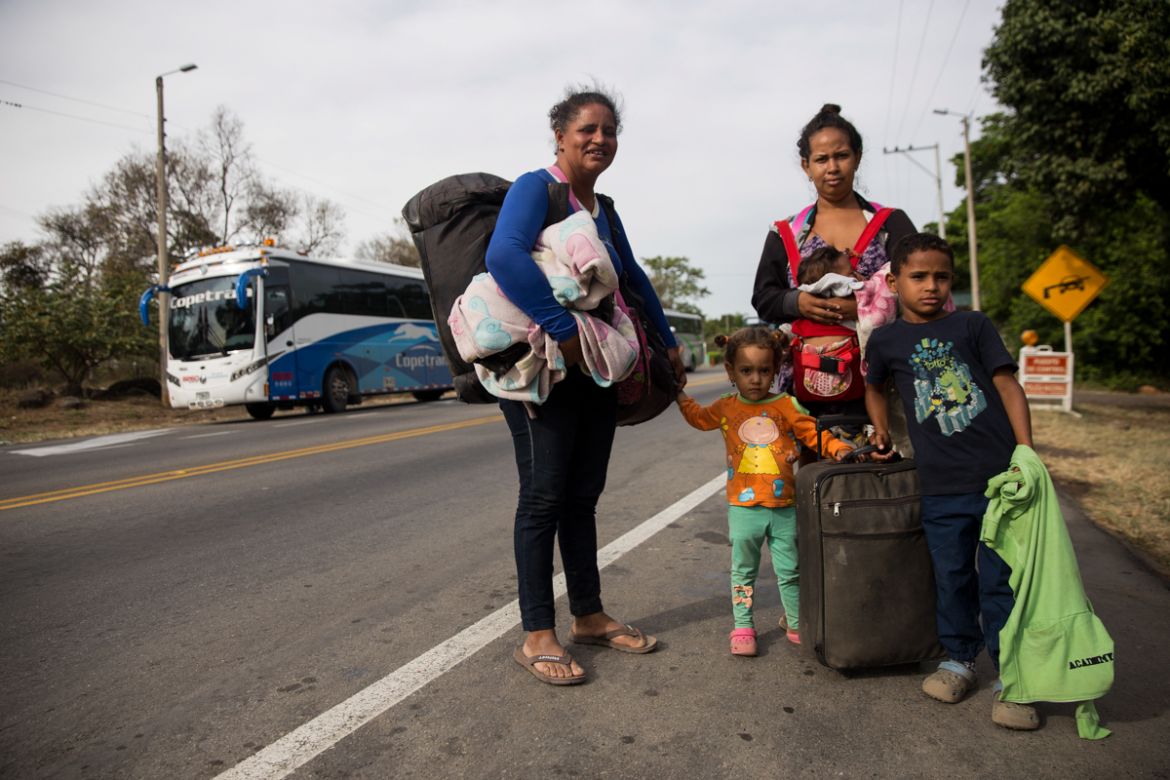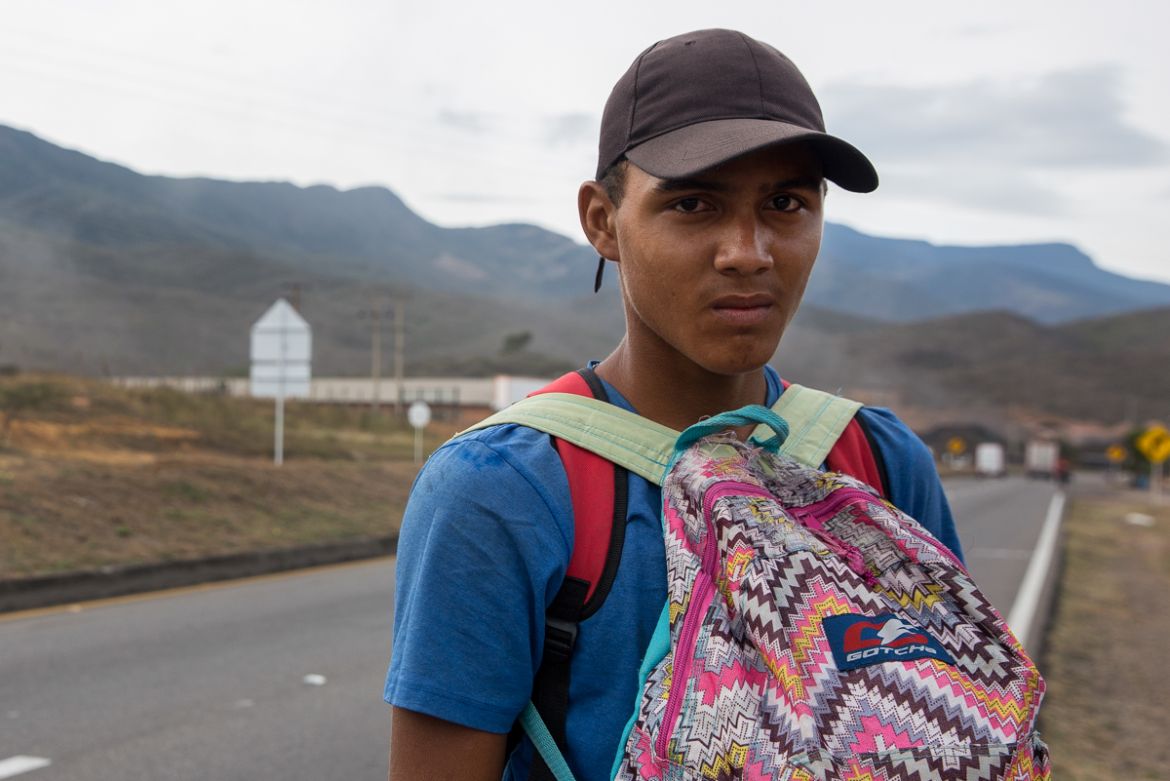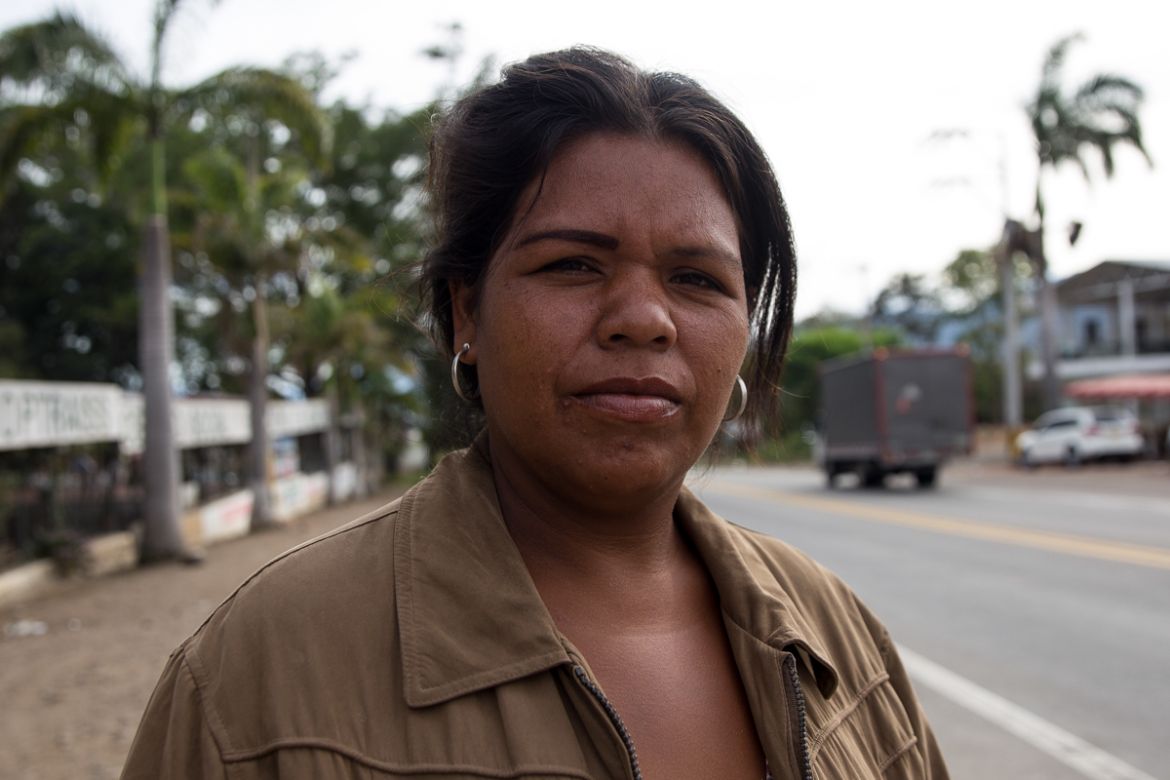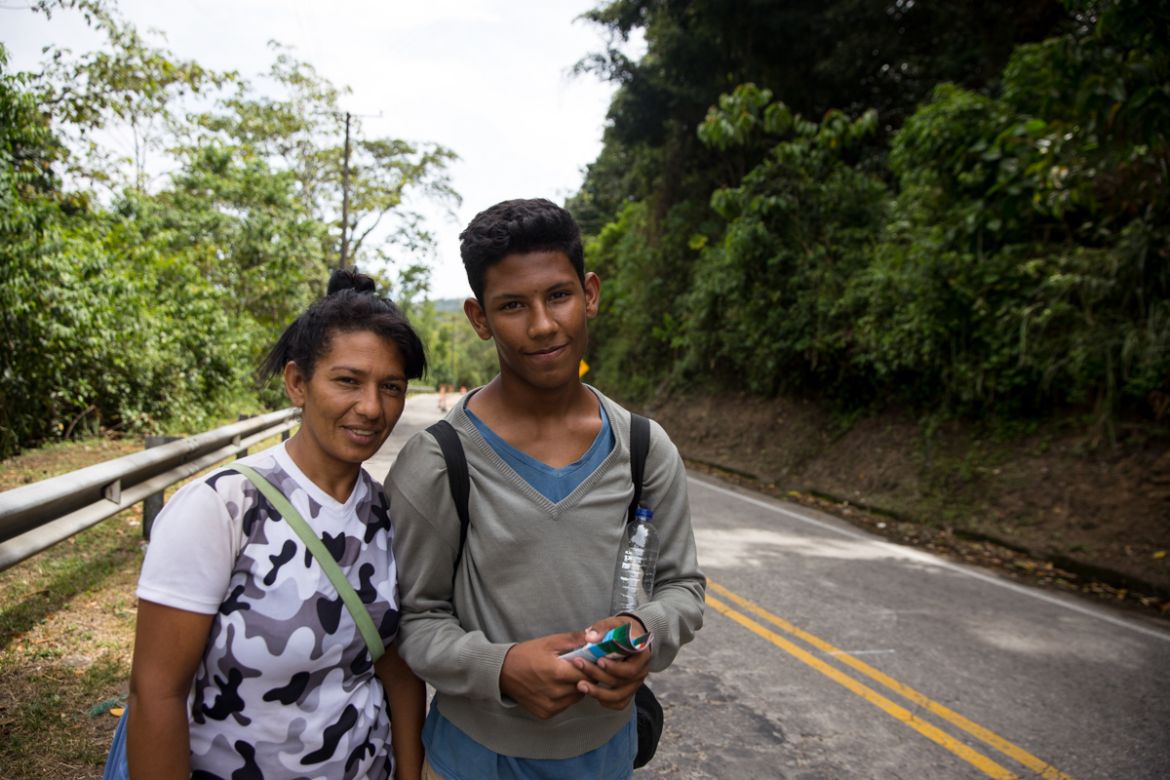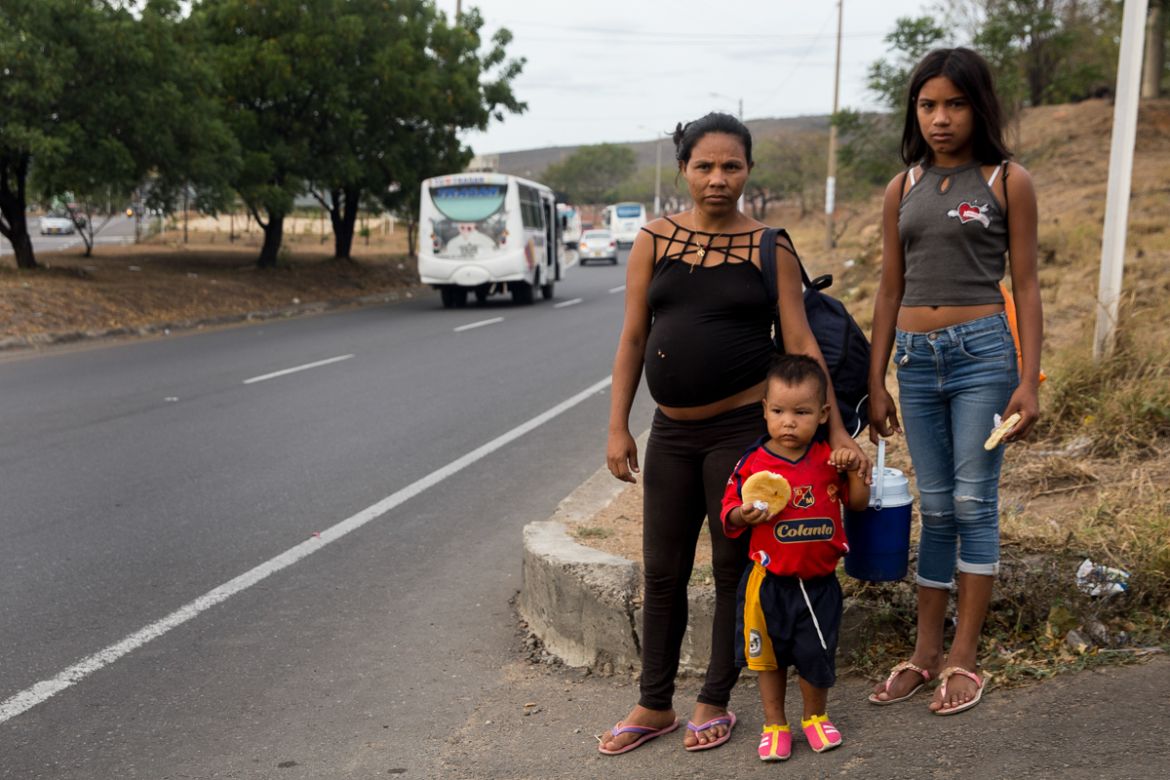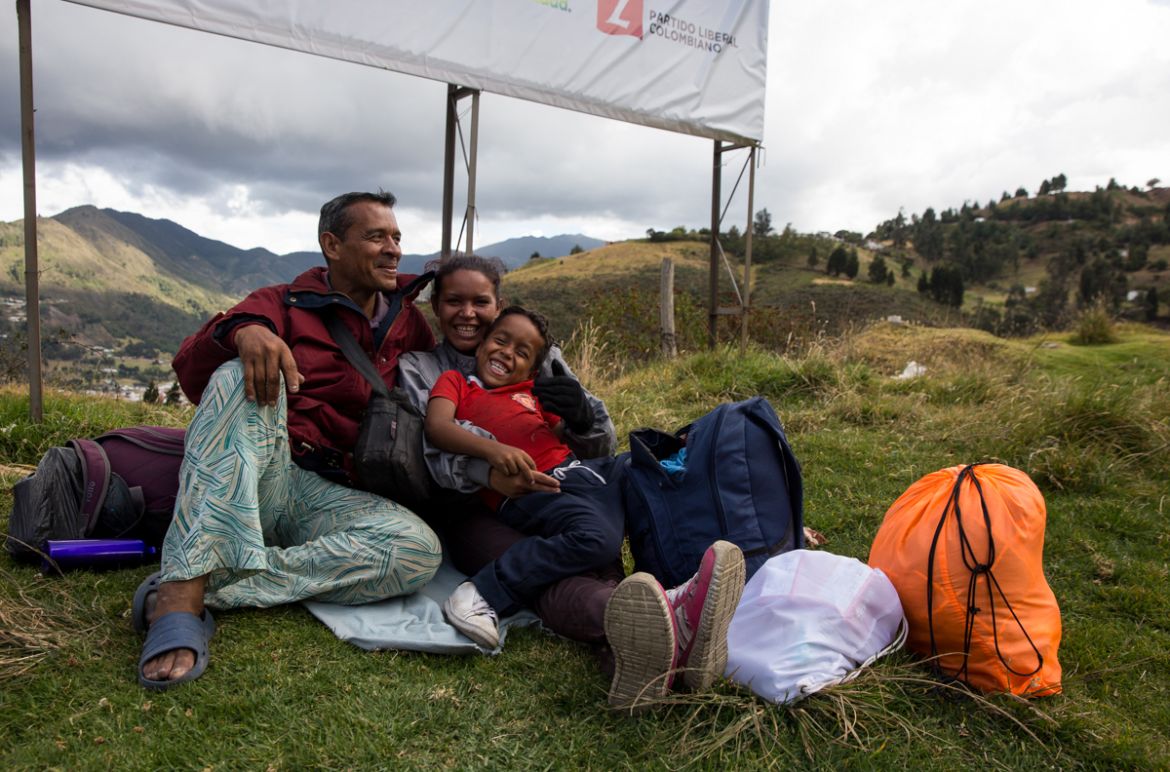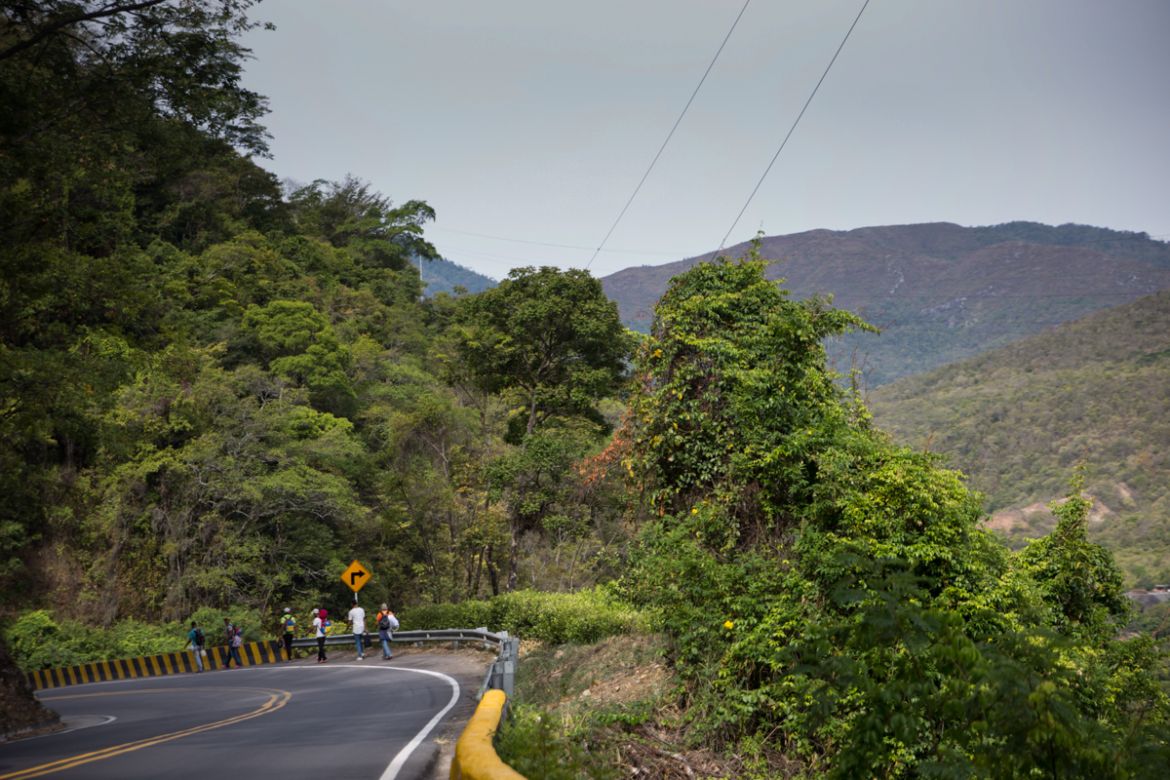In Pictures
The walkers: Venezuelans travel hundreds of kilometres by foot
Venezuelan migrants cross Colombia-Venezuela border every day. For many, it’s only the beginning of a gruelling journey.

Cucuta, Colombia – A steady stream of migrants cross the Simon Bolivar International Bridge – the main gateway between Colombia and Venezuela – every day. Some cross temporarily, for a day or two, depending on Colombia’s medical facilities, schools and businesses to survive as their country continues to spiral into an economic, political and health crisis. Others – families carrying babies and toddlers, young men and women, the elderly – heft suitcases packed with clothes, blankets, anything they can carry on their backs – and walk, unsure of when they will see their homes again.
For those who cross in search of new opportunities, the bridge is just the beginning of what will likely be a gruelling journey. Many do not have the means to make the exodus by bus because their currency, the Venezuelan bolivars, has been turned into little more than colourful scraps of paper due to rampant hyperinflation.
Instead, they walk, beginning their journey in the sweltering border desert near Cucuta, Colombia, with the sun beating on their backs and climb towering mountain ranges defined by cold temperatures, pouring rains and winding roads. Some head to nearby towns in search for work, others travel to Colombia’s large cities like Bogota (walking 563km or 350 miles) and Medellin (595km or 370 miles), many more flee across the region to countries like Ecuador, Peru, Chile and Argentina. Almost all are unsure of what waits ahead.
Al Jazeera followed the route many Venezuelans take as they begin their journeys in search of better lives than the ones they have left behind.
